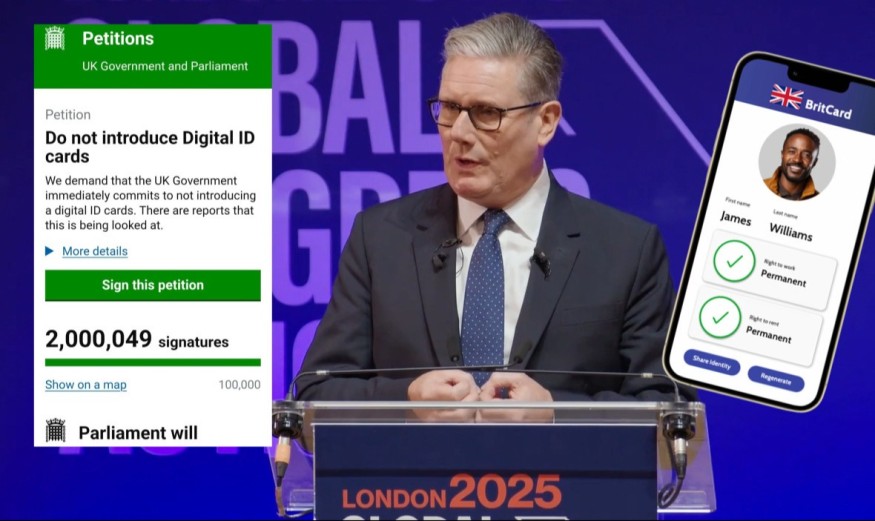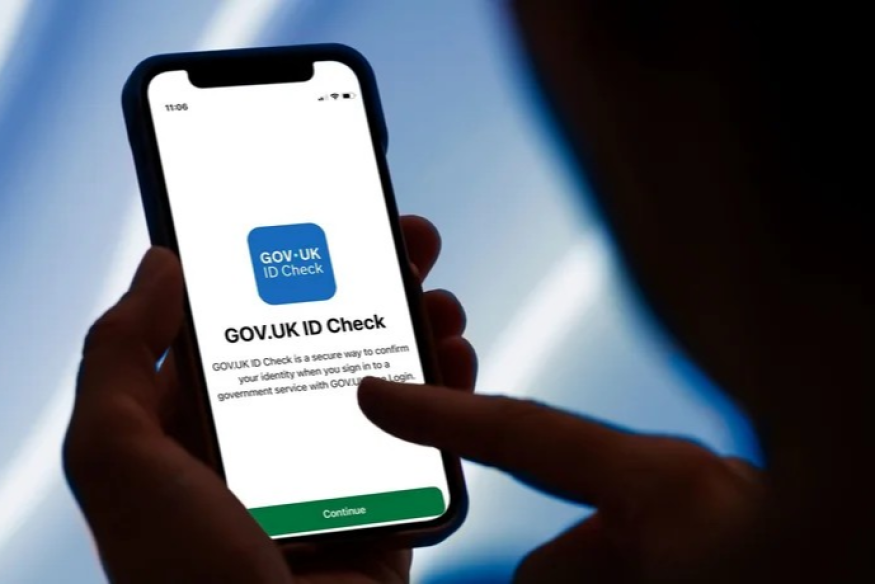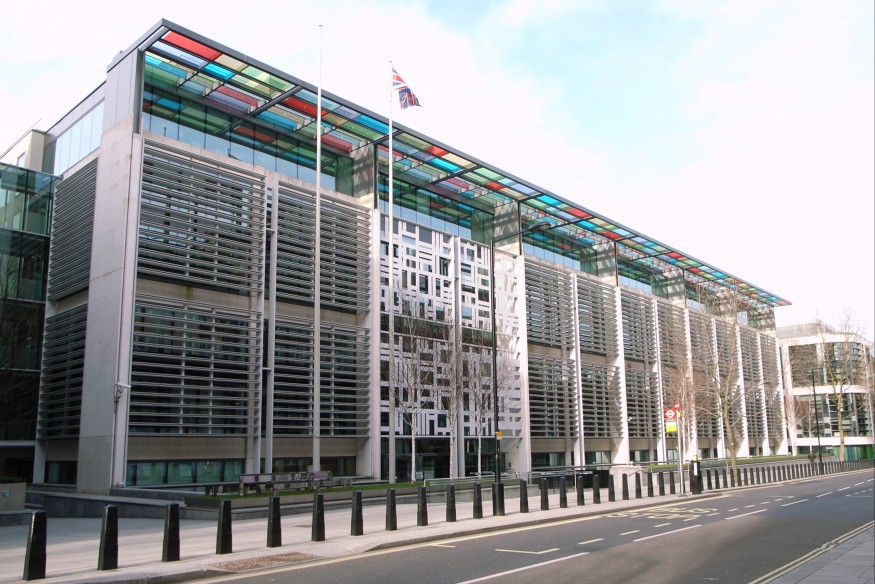
September 27, 2025
JamRadio Editorial Desk | September 27, 2025
The UK government’s proposed Digital ID scheme is facing fierce public backlash, with nearly two million people signing a petition to reject its rollout. Marketed as a modern solution to illegal working and bureaucratic inefficiency, the scheme would make biometric ID mandatory for Right to Work checks—transforming the way citizens prove their legal status to employers. But beneath the surface of convenience lies a deeper unease: legal ambiguity, cultural coercion, and a creeping expansion of surveillance.
Advertisement
What’s more, the scheme’s logic begins to unravel when applied to the gig economy. Food delivery platforms, freelance contractors, and domestic workers operate in a legal grey zone where immigration checks are rare or nonexistent. No one asks their painter-decorator for a passport. Food delivery platforms doesn’t verify residency status of contracted delivery riders. So who exactly is being asked to enforce this?
Some critics suggest the real aim is cultural: to encourage lay-people to perform ad hoc immigration checks. If your cleaner doesn’t have a digital ID, do you become the enforcer? This isn’t just policy, it’s a redefinition of social trust. The scheme risks deputising ordinary citizens, turning neighbours into gatekeepers and employers into border agents.
Advertisement
And where does it end? Critics warn that the Digital ID scheme risks reviving the spectre of Sus laws—the notorious stop-and-search powers of the 1970s and 80s that disproportionately targeted Black Britons and fuelled decades of mistrust between communities and police. If officers begin demanding digital credentials on the street, especially based on appearance or perceived nationality, the scheme could usher in a new era of racialised policing by proxy. This isn’t just about technology—it’s about power, profiling, and the quiet erosion of civil liberties under the guise of modernisation. The question is no longer whether the ID will be used—it’s who will be asked to show it, and why.
Advertisement
The petition’s explosive growth reflects a crisis of consent. Civil liberties groups, digital rights advocates, and grassroots organisers are mobilising to challenge the scheme’s rollout. Their message is clear: we will not be coerced into biometric compliance. We will not be conscripted into surveillance. We are not your border guards.


.jpeg)







